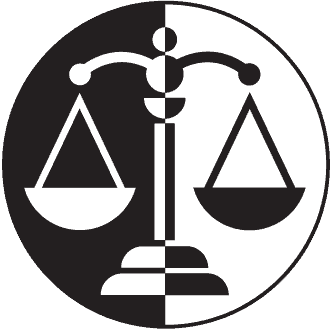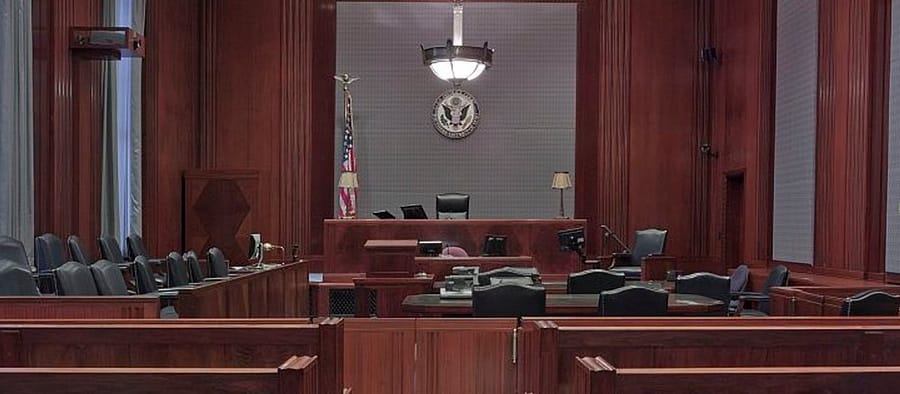Sometimes a single question during a contested trial and a single answer to that question will put the entire case in perspective for the judge. I have many examples over my years of practice of this occurring and it usually revolves around an inability or unwillingness of a party to see how ludicrous their position or how harmful their actions really are.
It is the rare case that a party has made all the right decisions. Almost without exception, they do things that aren’t honest and or were not well thought out. What they do with their mistake is what matters.
In one of my cases a parent not only admitted that she was saying horribly negative things to their child about the dad. Not just once but almost daily. She was proud of it.
“Why?” I asked.
Because the negative things were, in her view, true. That was enough for her and she didn’t want to hide the truth from her child. The child deserved to know the truth.
She could not see the damage she was causing. This was a reflection of her own anger towards her daughter’s dad. The trial judge was livid at this parent, and rightfully so. While loss and anger are normal parts of the divorce process, attempting to alienate a child from a parent is a step too far.
Judges, just like everyone else, know that human beings are flawed. We make mistakes. However, the ability of a person to recognize their own flaws and mistakes and making a heartfelt and honest admission is a key personality characteristic that judges need to see.
[contact-form-7 id=”2329″ title=”Allen and Spence, PLLC”]
_____________________________________
Scott Allen has practicing law since 1994 and has counseled hundreds of clients through settlement and tried hundreds of cases.

